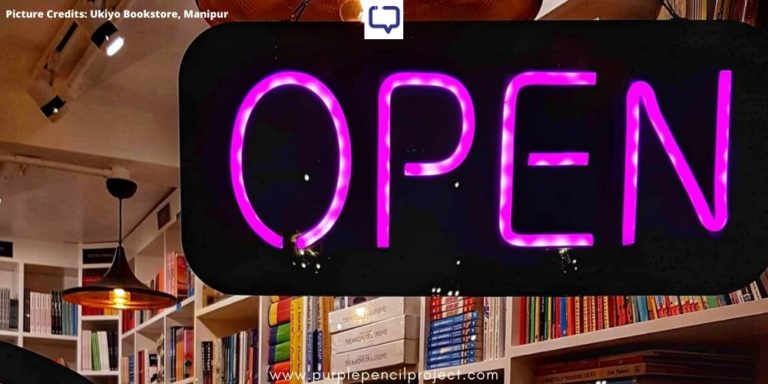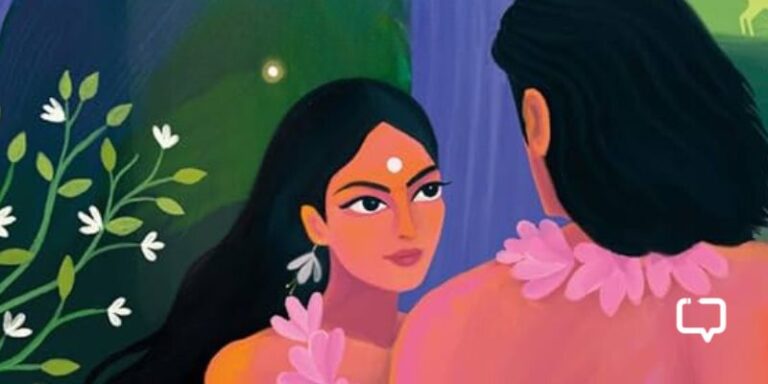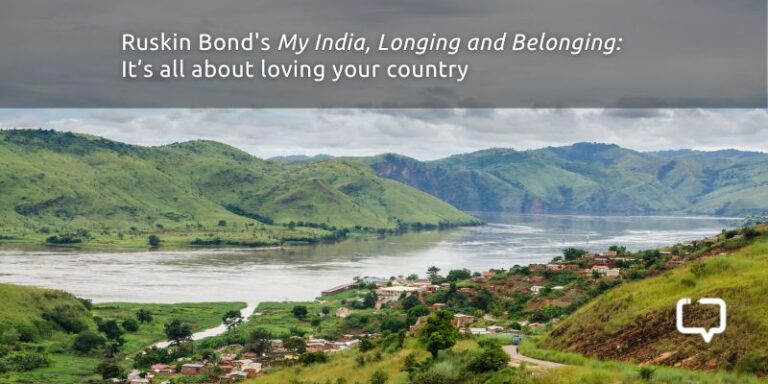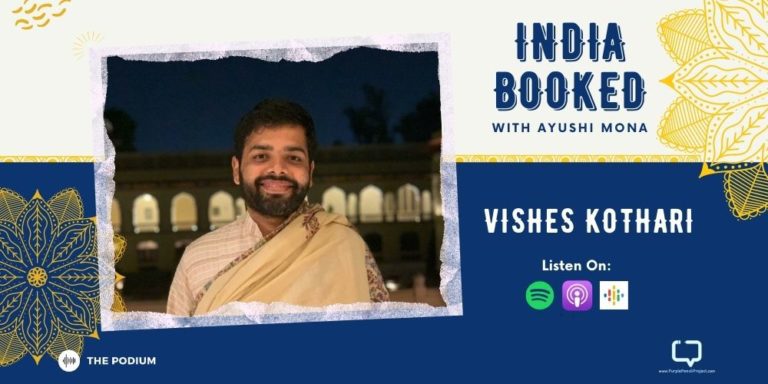Kochery Shibu has served in the Indian Navy and commanded two warships. Post his retirement he has executed hydroelectric projects across India, and penned Men and Dreams in the Dhauladhar, his debut novel. The technical content of the novel, namely the setting up of a hydroproject is drawn from his experience in these projects, as are many of the characters inspired from those whom he encountered on site.
Excerpts from an interview:
As we know, you have commanded two warships, and during your service you went on to complete MA in English Literature and are also an entrepreneur. Was that always your plan?
Kochery Shibu: The desire to write was always there. It was with that intention that I did my MA English Literature in 1989 from Pune University.
The journey started from when I was in school at Loyola, this was in the 70s and has stayed with me.
During my time as a soldier, I would write about warfare and tactics, most of which is classified by nature. During my tenure at the Naval Head quarters, one of my tasks was to simplify complex military technology of topedoes and mines and sonars and suchlike and explain them to the sharp financial minds of the Ministry Of Defence.

During the four years that I spent at the think tank of the Navy in Delhi, the substantial part of my job was to write approach papers, pespectives and briefs, which in many ways has been an enabler in the future writing of books.
What did your experience look like from the idea to the first draft of Men and Dreams in the Dhauladhar? What were the challenges that you faced as a debut author?
Kochery Shibu: The book was started in 2009, and I began with sketching the characters first, which involved observing and writing about characters from various walks of life to have a collection to select from. That has been a major focus area in the writing.

The first novel had a combination of literary and classic style of writing along with a thriller story and both riding on the technical back ground of the hydroelectric project. Finding a right mix was not easy.
The writing took about 3600 man writing hours over four years and another year with the editor to scale down the initial draft of 120k words to about 85k words.
As the novel covered a vast canvas both in terms of time and space, the development of the story and plot was an iterative process, which is always a challenge.
You have introduced characters from very different backgrounds in your book like from Kerala, Kashmir and Rekha who is a classical dancer. How difficult was it to bring such different characters together in one domain with such details and different backgrounds. What did your research look like?
Kochery Shibu: The research about Kashmir and Himalayas was intensive during the four-year period I was in that region associated with a hydroelectric project.
The hydroelectric project does have man power which comes from all over India for the duration of the project only to disburse after the project.
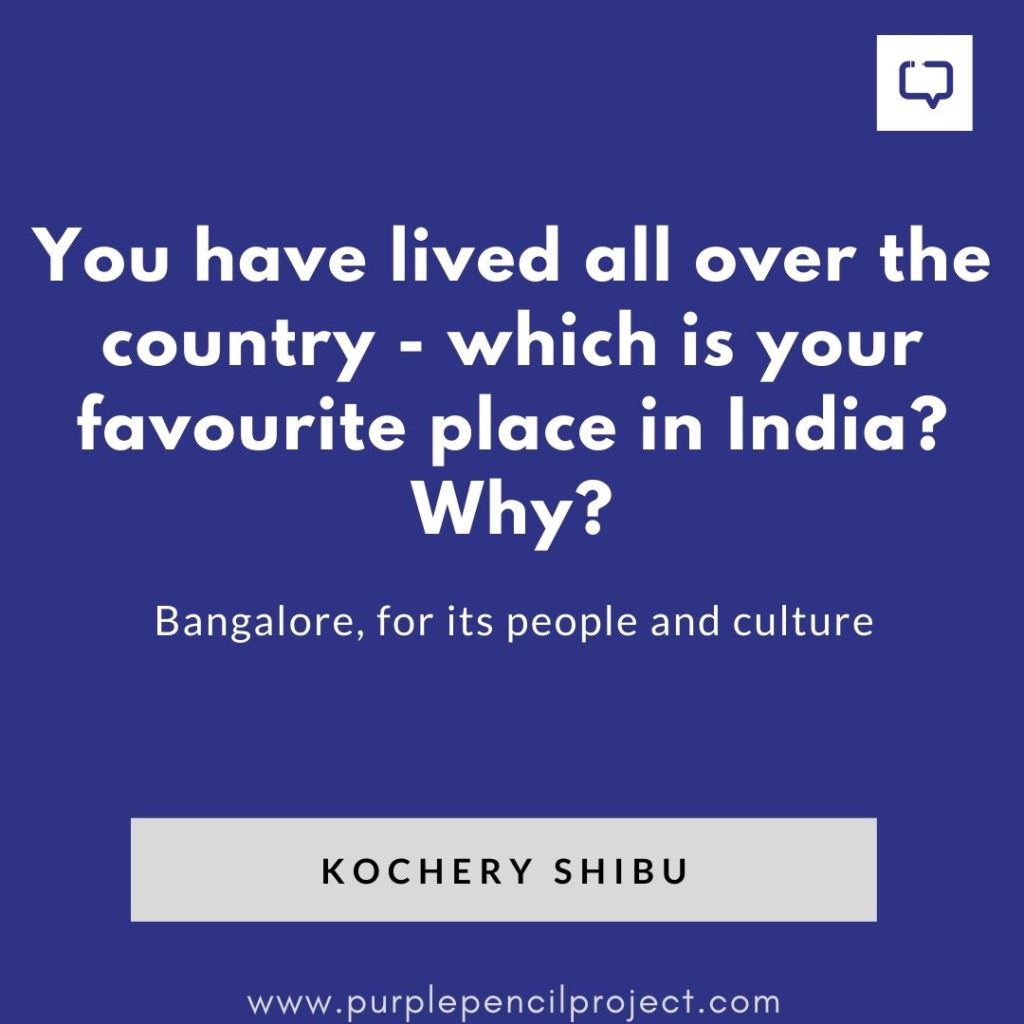
The life of the workers of these hydroelectric projects has never been told. Having been loosely associated with them, this novel is also a tribute ot the spirit of these men who face extraordinary challenges as a way of life and execute such projects.
Just as a matter of interest, after the inital draft, the editor had told me that the writing about the classical dancer did not have the pulse. Subsequently I interacted with a Kathk exponent and spent some time understanding the nuances of their life and reworked the manuscript. The changes were a few sentences, but they brought the pulse into the life of the character.
Character sketching and getting into the skin of the character is a must for the character to come live in the book .
We know that you were a writer all throughout your journey in different zones, but what about Kochery Shibu the reader?
What kind of books do you like to read? Which are your favourite books, authors, and stories?
Kochery Shibu: I have been a voracious reader and read across the genres and spectrum. Since I started writing fiction in 2009, I have stopped reading fiction. This has been deliberate to develop a style of writing that is uninfluenced.

I used to read classics, literary fiction, thrillers. Science fiction and short stories. I have read Indian authors, Commonwealth authors, British, American, and western authors. R.K. Narayan would be a name that always come to the mind.
Men and Dreams in Dhauladhar, being the one of its kind, do you have suggestions for the debut authors looking to tackle new subjects?
All of us have a story to tell. Observe, orient and write.
You have used vernacular terms, and other region-specific details – did you worry about readership, reach etc when doing so?
Kochery Shibu: The development of the IT industry has created a generation of people who are cross-cultural and united by the IT fraternity.
Indian English writing and the readers of the subcontinent have formed a large enough group to be addressed to. As many of the English novelists use the Europian languages in the novel, the effort has been to intoroduce the beauty of the regional languages through the writings.
This is also to impress upon our readers that in India we do have many languages which are spoken by as many people as many of the europian languages. Hindi, Punjabi, Urdu, Marathi, Gujarati, Tamil, Telugu and Bengali would easily cross the hundred million mark in terms of the number of people using the language.

The reading fraternity being from such diaspora, the effort was to bring in the beauty of Indian languages to the Indian readers.
You also have a design firm – speaking to that, how important do you think a book cover is, and what is its significance? Were you particular about how the cover of your book was designed?
Kochery Shibu: MINC- ecofashion is an ecofashion store dedicated to revive the 19th century quality of khadi infused with 21st century of fashion. The whole concept is based on design.
The book cover is important and should convey a sense of the book to the reader.
The brief to the book designer would indicate the broad guidelines. Or if the book designer is capable, he or she should read the book and then design the book cover, which may not always be easy.
***
About Men and Dreams of the Dhauladhar: Men and Dreams in the Dhauladhar is about the aspirations of the ordinary blue-collared labourers, with their cares and worries woven into the site life. The fury of nature and the hardships of project life have no mercy for the weak and no time for the dead. Like an eternal spectator the Dhauladhar watches as men risk life and limb in a quest to fulfill their dreams.











